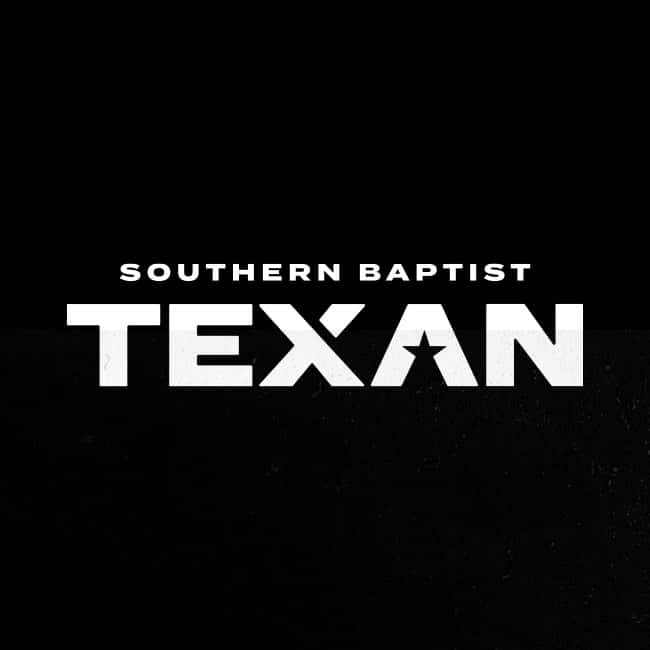| The next challenge to the vitality and even survival of the Southern Baptist Convention will come from within. The most recent challenge was an external threat. We have not only won the battle for the Bible, we have positioned our institutions to adequately address extra-biblical doctrine for this generation. The next challenge is more organic to our denomination and just as important.
I’m talking about an apparent disconnect between our denominational apparatus and emerging church leadership. Will tomorrow’s (actually today’s) Southern Baptists value the structure, institutions, and principles that have come to define our cooperative work? Are these things inherently worthy of the resources they will require? These questions hurt in the asking but we must understand that many successful pastors are asking them, in some cases have already answered them, and in many cases have “voted with their feet” by moving beyond our traditional structures. Changes in the way contemporary churches respond to cooperative missions are evident in a couple of interesting trends. One is giving. While the last decade has seen year after year of record-breaking missions giving, the growth has been nominal and inadequate. In many of those years, a 2 percent cost-of-living raise for staff members coupled with obscene increases in health care costs far outstripped growth. At the same time church giving, membership, attendance, and the number of Southern Baptist churches has grown at a higher rate than CP and missions giving. The trend line for denominational support is negative. A second trend is the rise of new options in missions support. The world is smaller in many ways and churches are plugging directly into partnerships, networks, and projects without a board or convention middle man. While giving through denominational channels has fallen behind rising costs, churches are not mindless of missions; they are finding new local or locally-controlled outlets for their missionary fervor. These networks are not always better options but they are seen as more responsive by some. As for state conventions and denominational entities, we may be seen as slow-moving and elaborate. True or not, the perception among many is that we are old wineskins. I’ve served three denominational entities in the past 20 years, each of them relatively innovative. I have worked alongside some amazing God-called men and women that I’m blessed to call friends. Still, I testify to the insidious lure of the bureaucratic mindset. Careerism and professionalism may tempt us to view our constituents as meddlesome amateurs. Administrative realities whisper that Baptist polity is inconvenient and messy?at least as long as the “right people” are leading the work anyway. Those who do not walk in our shoes are very sensitive to attitudes like these. It makes them mistrust us or worse, to consider us irrelevant. The answer to this disconnect is not to nag churches about giving. It is not merely a matter of education either. The notion that people around us will agree with us if properly educated is patronizing. We’re wrong if we act as though only church leaders need to get their heads right. They can ignore us. We can’t ignore them. Here are some things that seem relevant to the vitality of our cooperative work. Wiser heads than mine have had these thoughts but it is time to put a next step of renewal on the front burner. Pastors, especially those in contemporary and large churches, be open-minded as you consider how you will do Great Commission work. Southern Baptists are big, slow moving, and complicated. This isn’t always bad. Large slow moving things are also not impetuous or blown by trendiness. Increasingly, a variety of tracks for training and resources is available through our entities. The seminaries also spend a lot of time trying to deliver ministry training in a convenient way. The agencies are trying to provide what you need. Be fair in your evaluation of their work. Also consider the vine that nourished your ministry and likely that of your church. A large group of Southern Baptists probably pooled resources to pay for your education and to start your church. This brings with it a moral debt to those who come behind you and need similar help. Do your people know that your church is Southern Baptist? I’ve been a member of more than one church where the answer was mostly “no.” Do those who know have any idea why this might be a good thing? Your own understanding and even your commitment can be effectively magnified if you share these values with the people in your ministry. |







